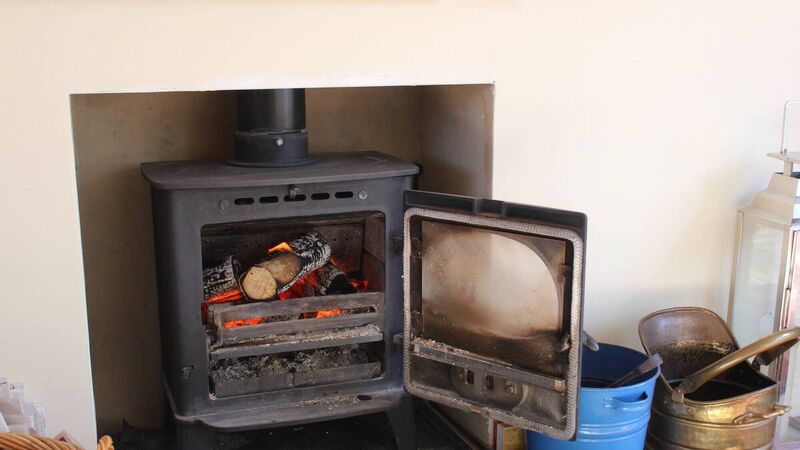Indoor wood burners cause damage 'in a similar way to cigarette smoke'

'Research in other parts of the world, where traditional wood burning is used in the home, has shown that this is harmful and causes asthma, COPD and lung cancer.'
Burning wood indoors could cause damage in a similar way to cigarette smoke, researchers have warned, after a new study linked the growing popularity of domestic wood burning to lung damage.
Wood burning stoves have grown in popularity in Europe, and now researchers from University College London examined health data on 11,000 people.













